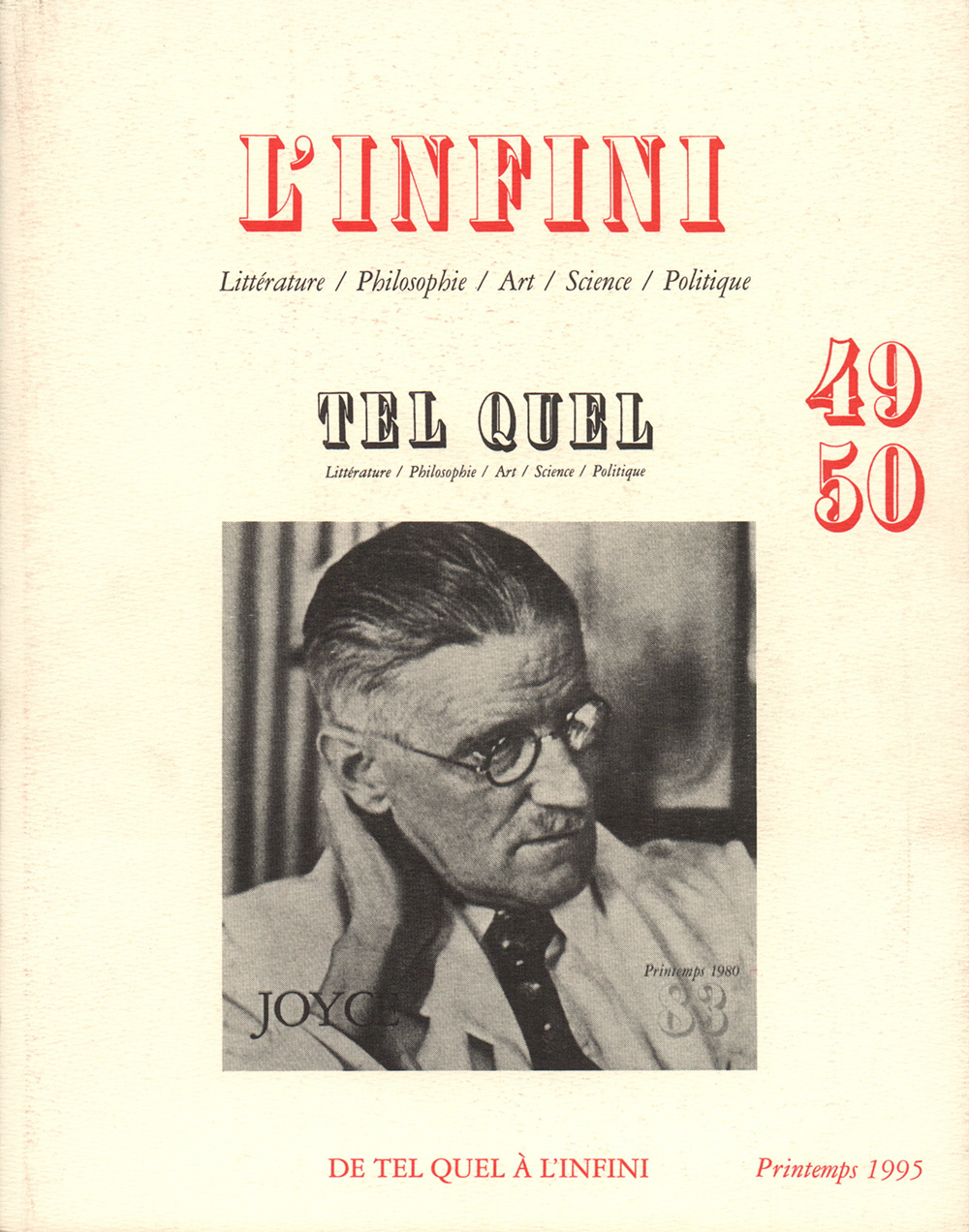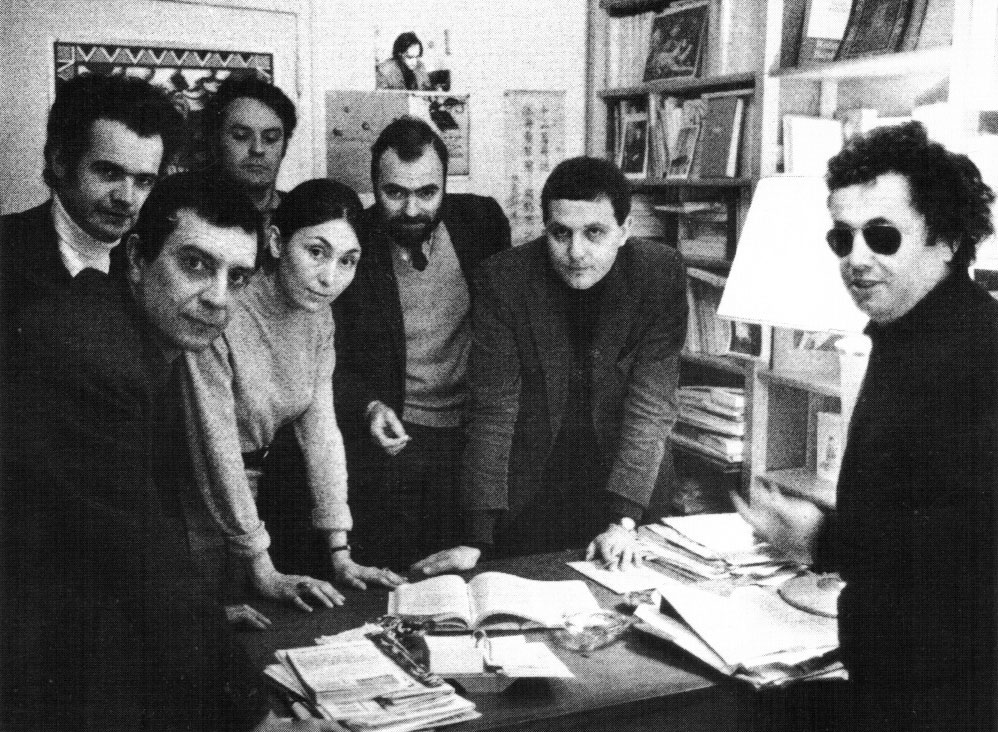56
Tel Quel
Author: Philippe Sollers and Jean-Edern Hallier
Year: 1960 Edit Add
Book: Postmodernism, or, The Cultural Logic of Late Capitalism
Tel Quel
Author: Philippe Sollers and Jean-Edern HallierYear: 1960 Edit Add
Book: Postmodernism, or, The Cultural Logic of Late Capitalism
One can, for example, salute the arrival of Postmodernism from an essentially antimodernist standpoint. A somewhat earlier generation of theorists (most notably Ihab Hassan) seem already to have done something like this when they dealt with the postmodernist aesthetic in terms of a more properly poststructuralist thematics (the Tel quel attack on the ideology of representation, the Heideggerian or Derridean "end of Western metaphysics"), where what is often not yet called Postmodernism (see the Utopian prophecy at the end of Foucault's The Order of Things) is saluted as the coming of a whole new way of thinking and being in the world. But since Hassan's celebration also includes a number of the more extreme monuments of high modernism ( Joyce, Mallarmé), this would be a relatively more ambiguous stance were it not for the accompanying celebration of a new information high technology which marks the affinity between such evocations and the political thesis of a properly postindustrial society.
One can, for example, salute the arrival of Postmodernism from an essentially antimodernist standpoint. A somewhat earlier generation of theorists (most notably Ihab Hassan) seem already to have done something like this when they dealt with the postmodernist aesthetic in terms of a more properly poststructuralist thematics (the Tel quel attack on the ideology of representation, the Heideggerian or Derridean "end of Western metaphysics"), where what is often not yet called Postmodernism (see the Utopian prophecy at the end of Foucault's The Order of Things) is saluted as the coming of a whole new way of thinking and being in the world. But since Hassan's celebration also includes a number of the more extreme monuments of high modernism ( Joyce, Mallarmé), this would be a relatively more ambiguous stance were it not for the accompanying celebration of a new information high technology which marks the affinity between such evocations and the political thesis of a properly postindustrial society.
 Source type: picture
Source type: pictureInfo: Tel Quel was a French avant-garde literary magazine published between 1960 and 1982
Original size: 1000x1272 px. Edit
 Source type: picture
Source type: pictureInfo: Tel Quel - Pierre Rottenberg, Jean-Louis Baudry, Denis Roche, Julia Kristeva, Marcelin Pleynet, Philippe Sollers, Jean Ricardou
Original size: 998x732 px. Edit
 Log-in
Log-in